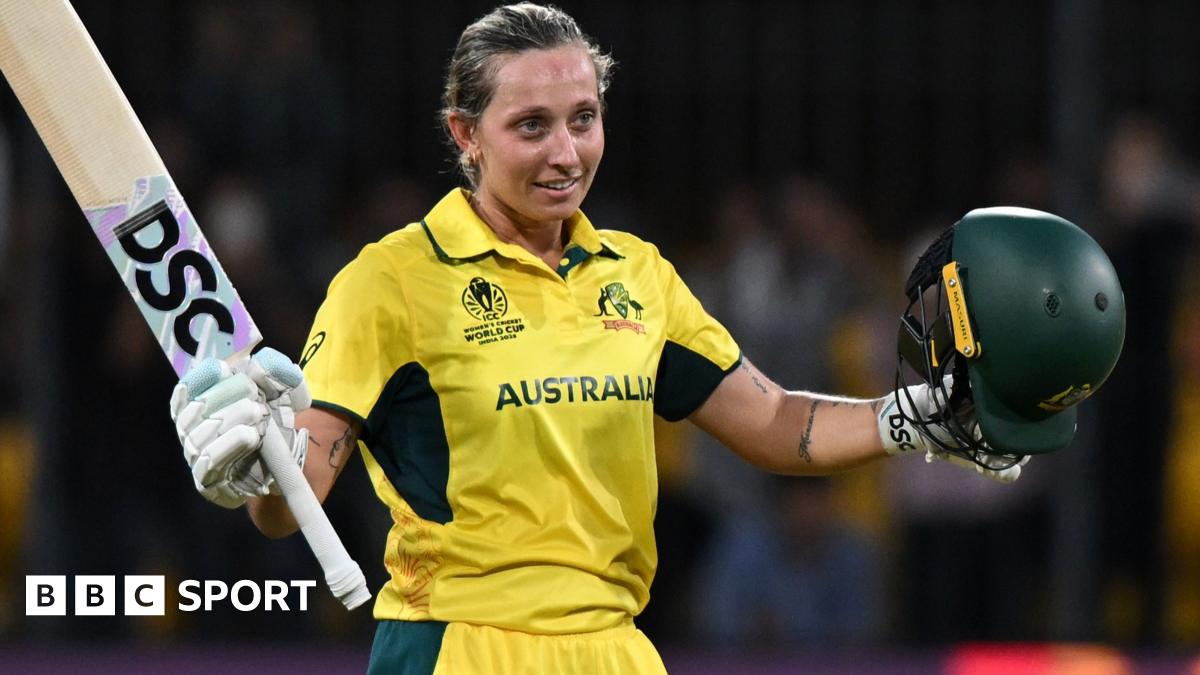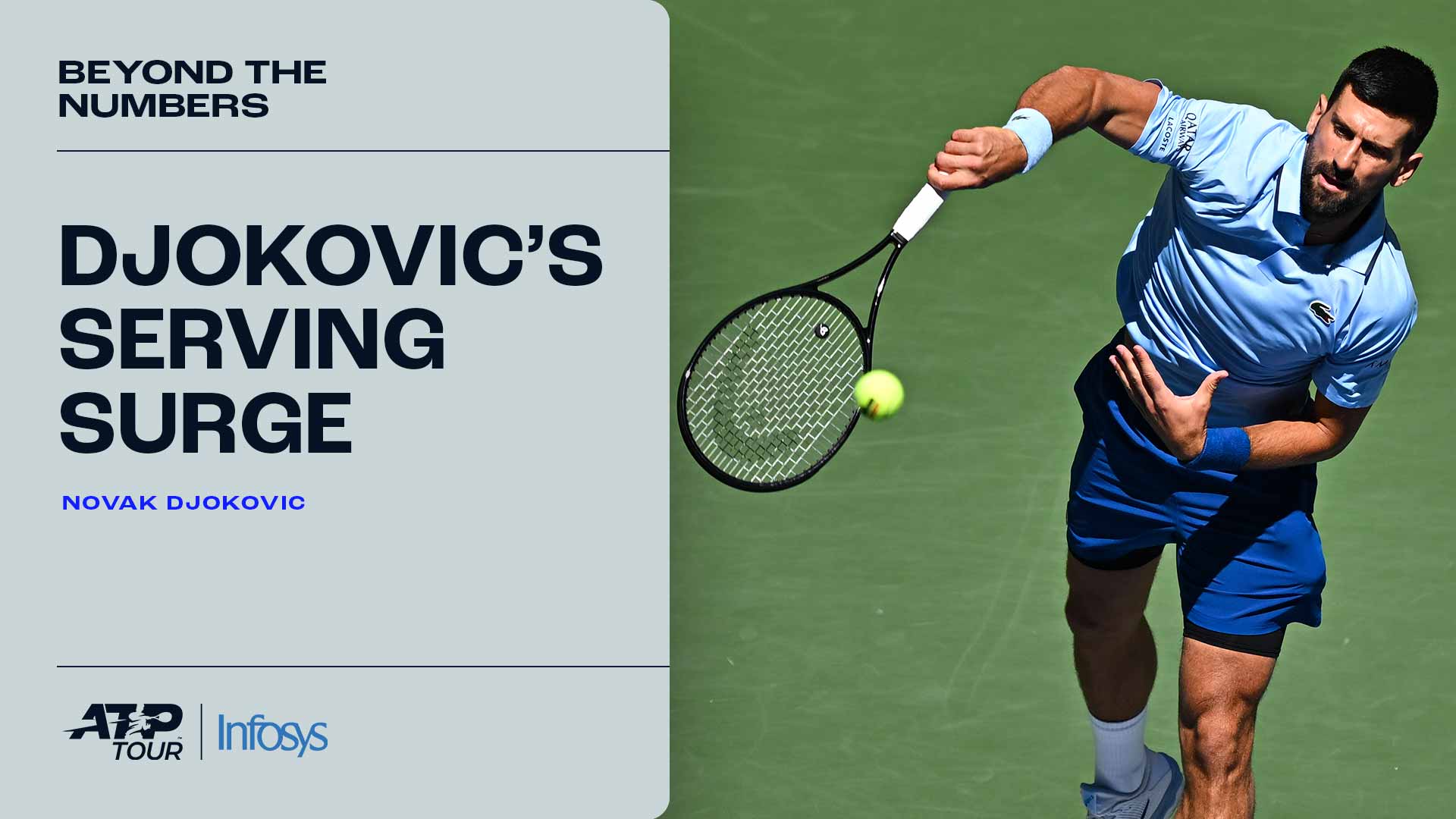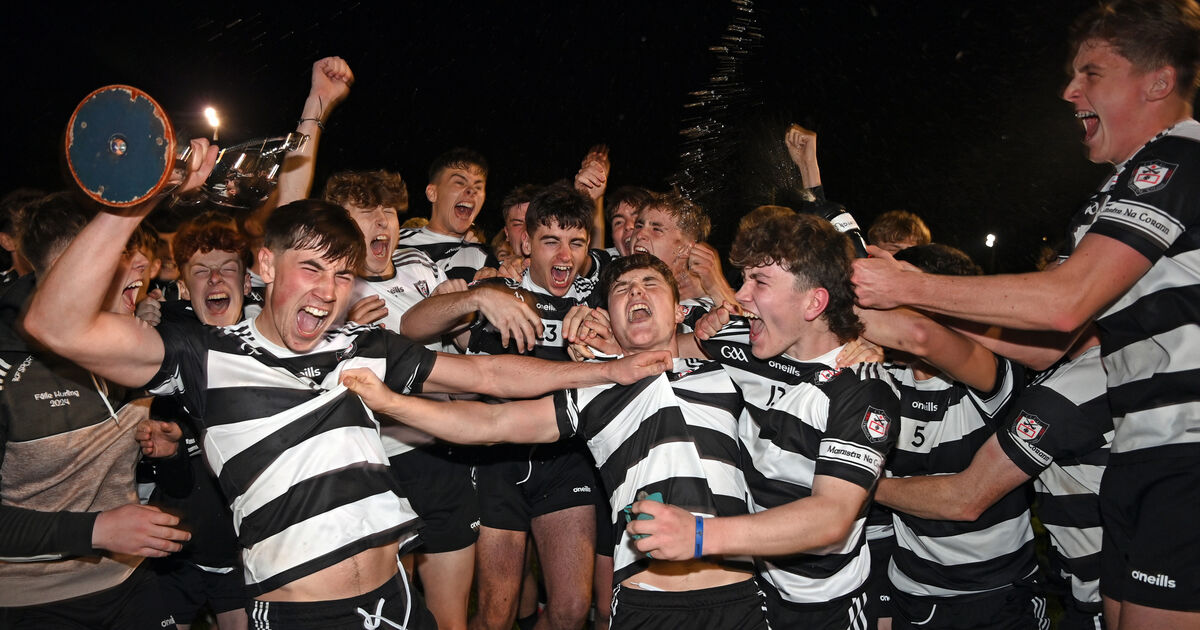West Indies are in India; it could be the last time they play Tests in or against India. Here's why

AHMEDABAD: Last week, members of the visiting West Indies team put themselves on the long flight from the Caribbean Islands to India. After multiple stopovers and the stamping of passports, they landed in the city more than a day after they had begun their journey. Their immediate dreams? Winning a Test in India for the first time this century: their last long format win on Indian soil came at Mohali in 1994.Since 1994, they have come to these shores four times. Won: 0; lost: 8; drawn: 2. When the series culminates in New Delhi in the middle of October, the cricketing fraternity expects that record to be 0; 10; 2 (as long as the weather holds).It may also be the final time West Indies plays a Test series against India or in India. Welcome to the world of the five-day game where some sides are God while others may be relegated and asked to come back up the food chain.Now, the health of Test cricket, the oldest form of any organised, competitive sport with 'active' next to it, has been endlessly debated for at least the 30 years. But the air around these debates are markedly different from the earlier times. There is an increasing appetite towards a two-tiered system.If it comes to pass in the next year or so — the current Future Tours Programme (FTP) finishes in 2027 with no agreement yet on the way forward post that with respect to bilateral red-ball cricket — the SENAI countries will likely be at the top-table. The fate of the others, including the West Indies, have been up in the air but they are likely to be clubbed with the likes of Bangladesh, Afghanistan and Ireland in the second tier.When they were bowled out for 27 against the visiting Australians in August, it prompted a lot of soul-searching and angst — words frequently associated with cricket in the Caribbean this century — with the board inviting the likes of Clive Lloyd and Brian Lara to chart a blueprint. The former said that the West Indies would be in danger of remaining in tier-2 for the 'next 100 years'. He also urged the International Cricket Council (ICC) to give 'special dispensation'. "To me," he had said, "it’s not right. We have to stand up. We have to go to the ICC and ask for special dispensation. Because when we were in the ascendancy, and we were playing so well, everyone wanted to play with us."We were playing Australia very often, with England very often, and when we went to Pakistan or India, getting millions of people (to the grounds). We need to get a better share of the pie, because we were the cash cows for a long time. And we need to get some of that. I am hoping the board follows up on that recommendation where we can be adequately given the money that is needed."Why teams like the West Indies are faced with this very existential problem revolves around money. In almost every sport, the administrators focus on growing the game, taking it to new parts. In football, for example, there's now an appetite for a 64-team World Cup. Cricket, in fact, is the only sport where the administrators focus on shrinking.There has been some moves towards building a central fund to help keep the lights on for some of the so-called lesser Test nations. This money would likely have to come from the Big Three of India, Australia and England. It can come from other means as well: England, for instance, gave Zimbabwe a one-off touring fee for the Test they played in England earlier this year. But it barely moves the needle.Here's the Caribbean Cricket Podcast (@CaribCricket on X), one of the prominent voices covering the sport in that part of the world. "A central fund would still not be able to compete with the earnings in franchise cricket, so the issue of players not committing to Tests would still be an issue," CCP told this daily. "Nicholas Pooran for instance, who recently retired from international cricket, earns millions a year playing various franchise tournaments and so a central fund would not be able to compensate him in the same. The best way a central fund could help would be by allowing us to develop our infrastructure and improve the quality of the regional game, thus allowing us to produce better players at a youth level who could then go on to be Test players."That's even before you consider the complex issue of geography, demographics, population and TV. Even though the women's World Cup has just started, there will be sufficient interest around the two-match Test series in India. It's all part of a very lucrative deal with JioHotstar.It doesn't work like that for West Indies. "All West Indies home games are broadcast on ESPN Caribbean, however, for this India series there has not been a broadcast deal confirmed, I would expect one to be announced very last minute," CCP said. "Each Test will begin at midnight in the Caribbean, so only a minority of fans would be staying up to watch it across the night, so I would not expect a bidding war for the rights in the Caribbean."With no regular broadcasting deals, not enough money, scheduling conflicts thanks to the mushrooming of T20 leagues and an inequitable distribution of ICC resources, West Indies are staring at an uncertain red-ball future. Will they have a future? For a team that has won Tests in Pakistan and Australia since the beginning of 2024, it seems to be an incongruous question.But peel back the layers and it all makes perfect sense.By the time you are done reading this five minute piece, the BCCI will have earned upwards of $2000 thanks to ICC's current income redistribution. West Indies? Roughly $170. That's even before you start legislating for the Indian Premier League, TV contracts and other sponsorship deals.












